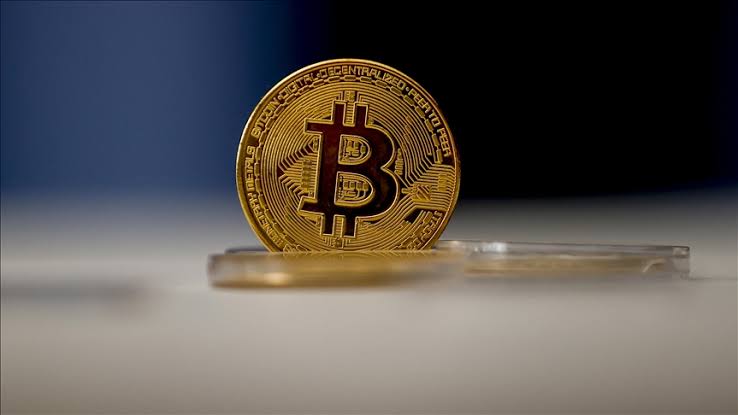President Nayib Bukele of El Salvador unveiled a dollar cost averaging (DCA) strategy at the national level in November 2022, pledging to purchase one bitcoin daily.According to Bukele’s public declarations at the time, the nation already had 2,381 bitcoins, which had been bought at an average cost of about $44,300.At that time, the price was just $19,000, meaning the nation had lost around $60 million on its investment.
Since then, Bukele has remained largely silent over El Salvador’s bitcoin purchases, and the precise quantity of bitcoin held by the nation is unknown because no official government record exists.
According to CoinDesk, El Salvador purchased 2,744 bitcoin as of November 14 if the nation did, in fact, buy one bitcoin every day for the previous year.On the basis of the average price of Bitcoin on each of those days, the average purchase price throughout the nation would have decreased to about $41,800.Assuming that the price of bitcoin is $36,000 right now, El Salvador would have lost almost $16 million on its bitcoin holdings.The International Monetary Fund (IMF) has frequently issued warnings about rising threats to the nation’s economic growth and ability to repay its debt since Bukele attempted to make bitcoin legal cash.Even with the slight paper losses on the country’s bitcoin holdings, things now seem to be on a good note.
As of mid-August, El Salvador’s bonds had returned 70% year to date, and some well-known banks were advising that further gains were likely.Earlier this month, S&P Global raised the nation’s debt from CCC+ to B-.According to polls, Bukele has a commanding advantage in the race for reelection in 2024, having just declared his desire to run.
There are still unanswered issues about whether the public is hurrying to adopt a bitcoin standard.Given how much the economy depends on payments from abroad, remittances would be one place to look.Only 1.2% of the $7 billion in overseas remittances in 2022, according to central bank data, were made using bitcoin wallets.


